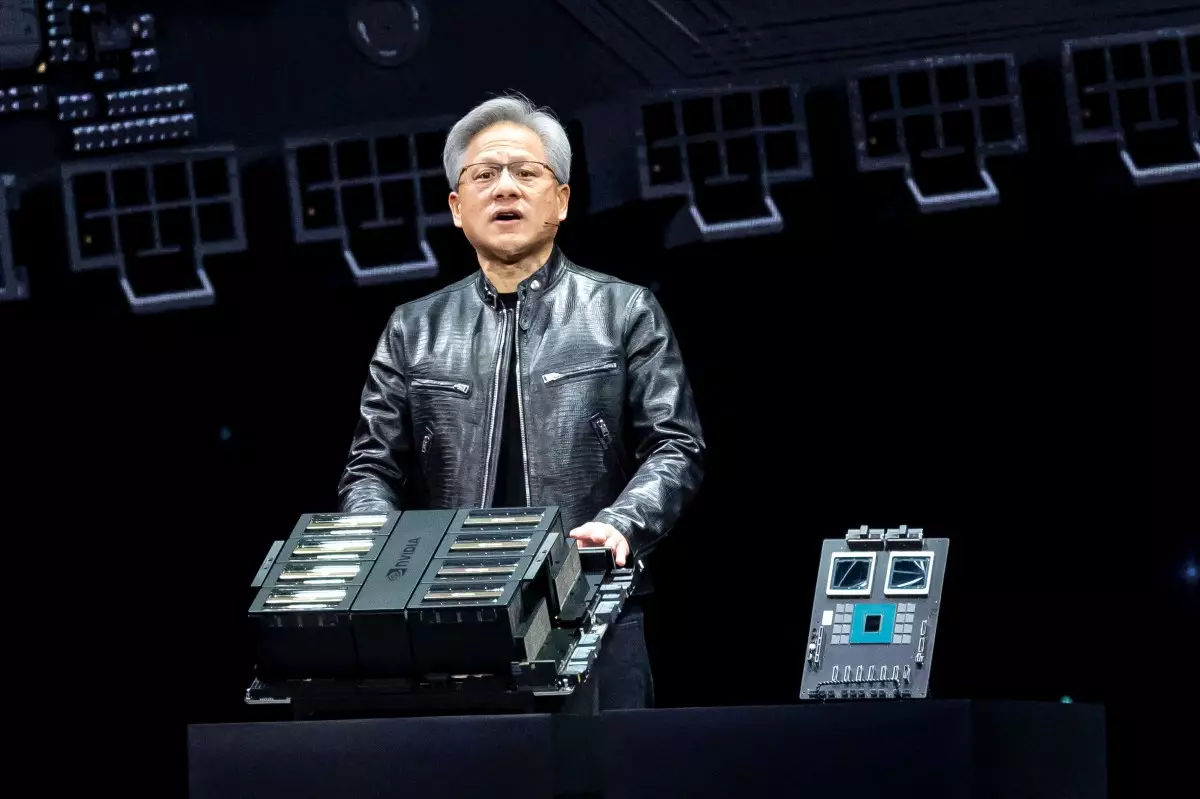ByteDance, the parent company of the globally popular platform TikTok, is poised to make a substantial investment in Nvidia chips, projecting to spend around $7 billion in 2025. This move underlines the company’s ambition to become a leader in artificial intelligence technologies, even as it confronts stringent U.S. export restrictions aimed at curbing Chinese access to advanced AI hardware. Reportedly sourced from insiders, this development reveals not only ByteDance’s aggressive expansion plans but also the ongoing complexities of international tech relations, particularly between the U.S. and China.
In 2022, U.S. authorities enforced export restrictions on certain AI chips, including those produced by Nvidia, effectively limiting their availability to specific countries, China being the most notable. Despite these hurdles, ByteDance appears to have devised a clever workaround. Rather than importing the chips directly to China, the company plans to store them in data centers situated in other regions like Southeast Asia. By doing this, ByteDance technically circumvents the restrictions, showcasing a strategic maneuvering that highlights the intricate balance between compliance and business objectives in a highly polarized global market.
With 51 million active users, ByteDance’s Doubao—an AI chatbot touted as China’s premier digital assistant—embodies the company’s innovative edge. This software product not only illustrates the potential for technology to bridge cultural divides but also emphasizes the demand for advanced AI capabilities within the Chinese market. The commitment to procuring Nvidia chips aligns with a larger strategic goal: enhancing AI development to not only meet domestic needs but also to position itself against competitors on the global stage.
Despite scrutiny, ByteDance has publicly maintained that it adheres strictly to U.S. regulations regarding chip procurement. The company issued statements affirming that it has not purchased the H100 chips necessary for its operations outside the United States. This declaration, while aimed at quelling concerns regarding compliance, also reveals the dual nature of ByteDance’s operational strategy; it’s an attempt to uphold legitimacy while aggressively pursuing technological advancement through alternative means.
As ByteDance navigates its quest for Nvidia chips, this scenario is emblematic of larger geopolitical issues impacting the tech industry. The competition for AI supremacy is intensifying, and companies like ByteDance are vital players in this arena. Their strategies to circumvent restrictions not only reflect a corporate resilience but also highlight an urgent call for the reevaluation of regulations surrounding tech exports. The actions taken by ByteDance and similar firms may signal a shift in the landscape of international tech relations, reshaping how countries engage with each other in matters pertaining to innovation, security, and economic competitiveness.
ByteDance’s endeavors serve as a case study in the complexities of global business, the intricate dance around regulatory frameworks, and the relentless pursuit of technological advancement amidst formidable challenges.

